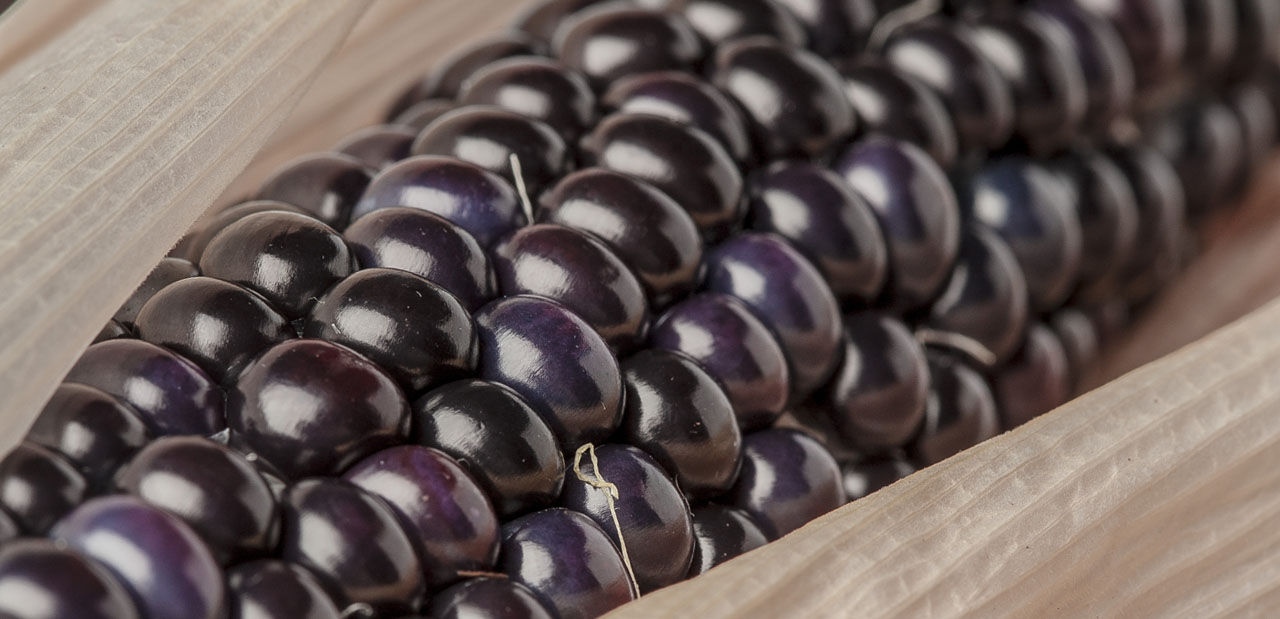Organics: Dollars and Cents: Carbon and Organics
Posted by Dani Kusner, Agronomist on July 13, 2020

For most of the country, the last week or two have heated up into the dog days of summer, with record highs for prolonged lengths of time. Wheat harvest is proceeding steadily, and hopefully, crops receive timely, essential rains during pollination. If you need a break from the heat, check out these stories that touch on money flow.
Farmer funds to fight climate change
Whenever more frequent bouts of extreme weather persist, like this current heat wave, my mind shifts to climate change and its impacts on agriculture. There have recently been more promising discussions in Congress to develop bi-partisan legislation for mitigating carbon that could pay farmers for sequestering carbon through their management practices. The Senate bill and a House bill, The Future of Agriculture Resiliency and Modernization (FARM) Act, propose various routes, such as formalizing carbon markets and creating farmer fund pools to monetarily reward farmers for being a part of the solution to climate change. Increasing carbon storage in agriculture land is one of the most promising means to reduce carbon from the atmosphere by storing more of it in the soil, such as the prairie soils of the Great Plains where the carbon was once abundant and stable, prior to tillage that released it. Of two carbon market companies, Indigo Ag and Nori, one ton of carbon sequestered in the soil is estimated to contribute between $15-20 to your bottom line as income. While these are only proposed bills as of now, The Andersons is following these developments. Several of our products, such as Humic DG™ and CharX™, can increase carbon in your soil, thereby contributing to a carbon credit. As organic producers, your practice of utilizing cover crops, lengthened rotations, reducing tillage, and adding manures in 4R responsible ways will all increase carbon in the soil over time.
Newly published - Purdue Financial Comparisons: Conventional and Organic
Purdue University released two financial models comparing conventional to organic agriculture. These models can be helpful for the transitioning producer to compare returns and where costs will be higher in organic production, in order to budget through the more challenging transition years. Follow these links to view a three-year corn/soybean/wheat example and a five-year corn/soybean/oat/alfalfa example.
Save money with home-grown victory gardens
By now, you’ve probably heard of the resurgence of the homegrown “victory garden” due to the COVID-19 pandemic. Whether for enjoyment and relaxation, to learn a new skill, or out of fear of shortages at the store, consumers have created a demand in home gardens that has been off the charts. According to Reuters, for the seed company Burpee®, the 2020 spring planting season saw its highest volume of seed sales in the company’s 144 year history! The Andersons also experienced unprecedented interest in our organic fertilizers for home gardens. We sell smaller volumes of our lawncare and organic lines through our Amazon store. We’ll also be launching a new website in the second half of 2020, specifically targeted to the needs of the home gardener, with both organic and nonorganic (but still safe and user-friendly!) fertilizers available.
As The Andersons expands our breadth of products and service to the organic farmer and home gardener, we encourage you to reach out with any needs or requests. We look forward to serving you.
FOR MORE INFORMATION:
Please complete the form, and we’ll get you in touch with your Territory Manager from The Andersons.

Dani Kusner has worked in biological and organic farming systems since graduating from the University of Dayton with a Bachelor of Science in sustainability studies. She worked at the Rodale Institute and consulted with growers in both Canada and the United States. Dani worked for The Andersons from 2016-2021 and is still an active advocate and resource for organic growers.
©2020 The Andersons, Inc. All rights reserved.


